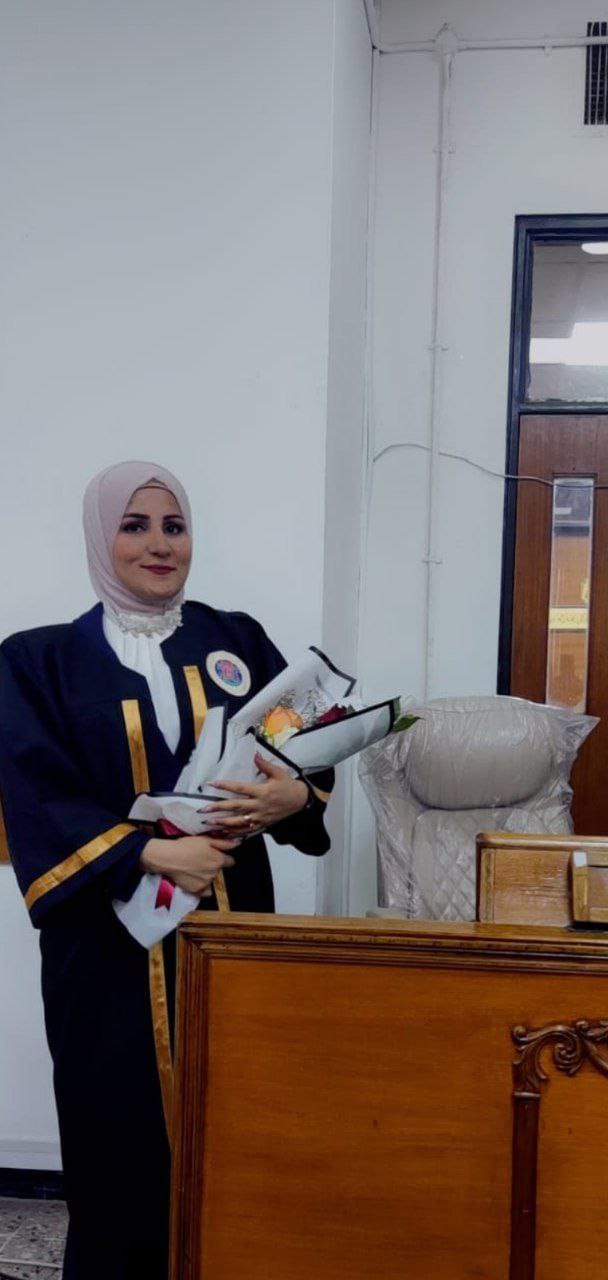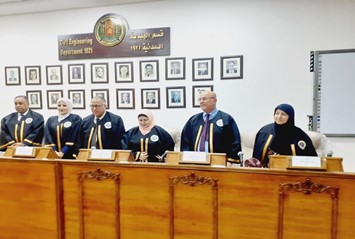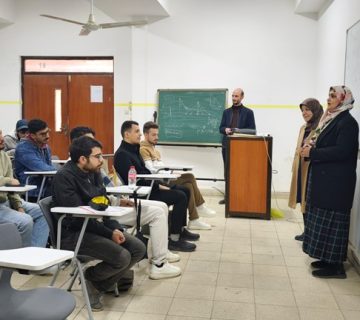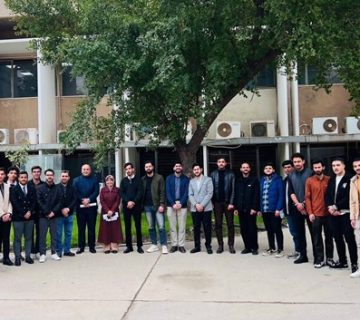Introduction:
In the pursuit of sustainable solutions for the treatment of brine solutions, this study investigates the environmental performance of zero liquid discharge (ZLD) technologies, focusing on hybrid reverse osmosis (RO) and electro-dialysis reversal (EDR) systems. These technologies hold the promise of effectively removing salts and minerals from concentrated brine discharge, reducing the ecological footprint of brine solution management.
Methodology:
To assess the efficiency and viability of these ZLD technologies, a pilot plant was meticulously designed and constructed, incorporating both RO and EDR units. The experimental phase, spanning from December 2022 to April 2023, involved a comprehensive analysis of various water quality parameters, including total dissolved solids (TDS), electrical conductivity (EC), temperature, and pH values. Additionally, historical data pertaining to the Tigris River were harnessed, employing advanced modeling techniques, including artificial neural network (ANN) and multiple linear regression (MLR), to estimate water salinity values for the years 2015–2021.
Conclusion:
In conclusion, this study underscores the potential of hybrid RO and EDR technologies in treating brine solutions with a focus on environmental sustainability. The findings emphasize the importance of diligent parameter management, particularly TDS concentrations, for optimal system performance.
This research contributes to the growing body of knowledge in the field of sustainable brine solution management, offering valuable insights into the effectiveness of ZLD technologies. As industries and communities seek environmentally responsible approaches to waste management, the hybrid RO and EDR systems emerge as a promising avenue toward near-zero TDS concentration, aligning with global efforts to minimize environmental impact.








